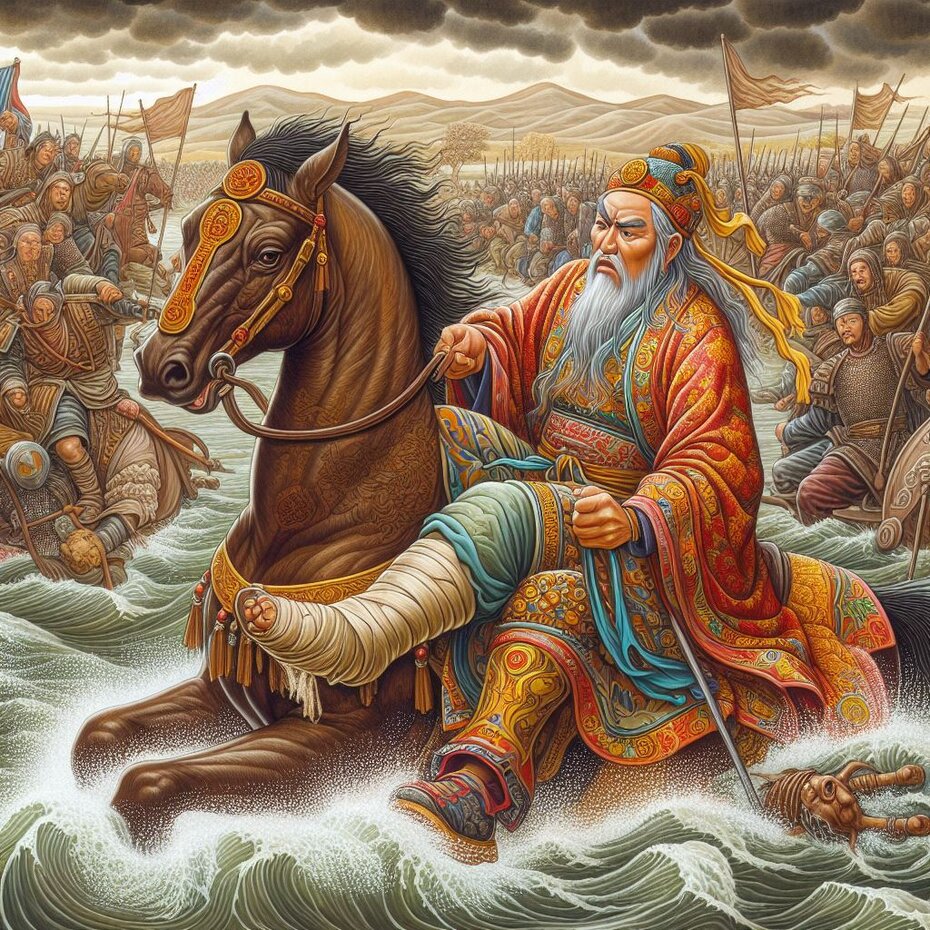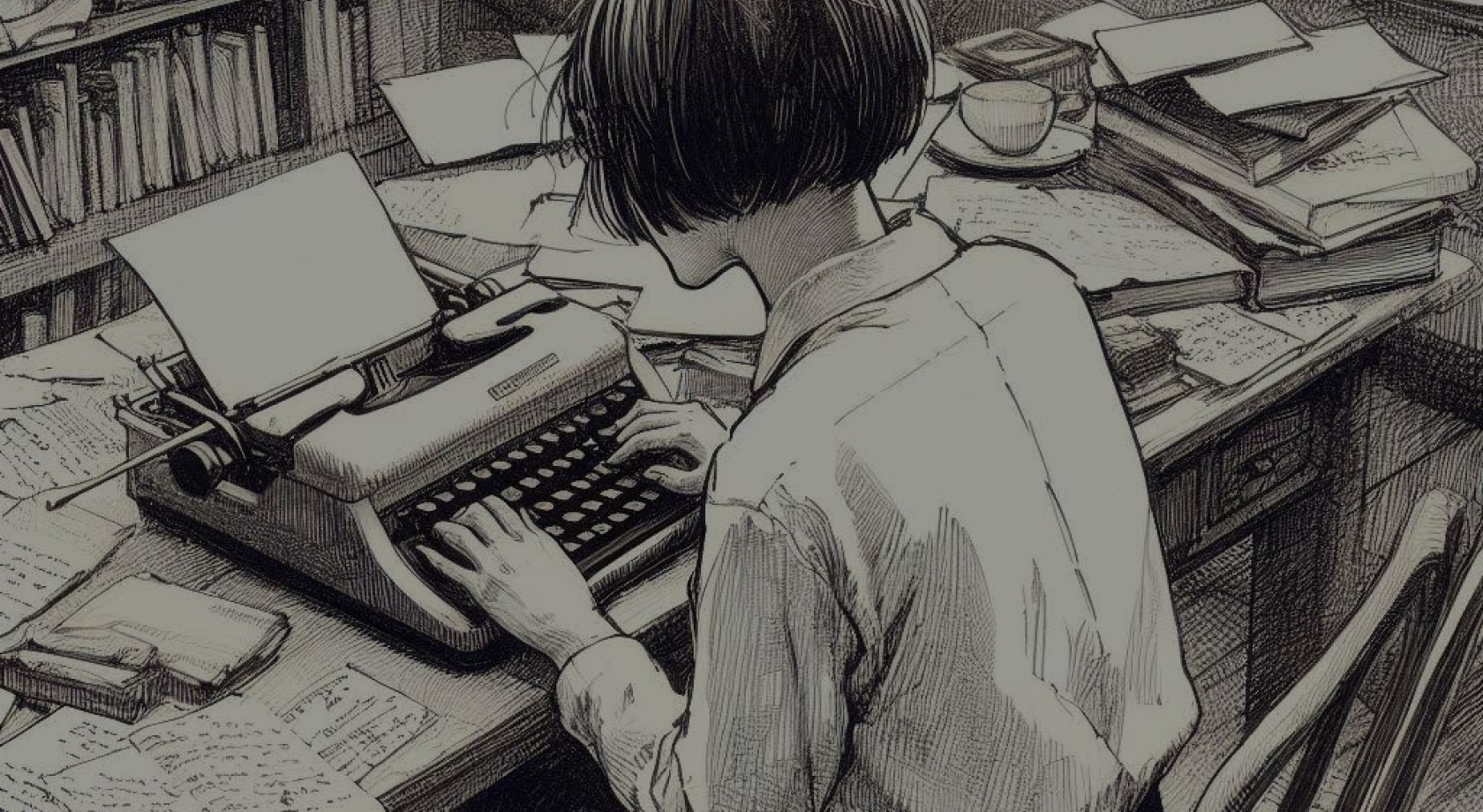Every cloud has a silver lining

Bad luck? Good luck? Who knows?
(parable of the Huainanzi dating from the 2nd century BC)
Good luck and bad luck create each other and it's difficult to predict their change.
A righteous man lived near the border.
For no apparent reason, his horse ran off into barbarian territory.
Everyone felt sorry for him.
But his father said to him: "Who knows if this will bring you good luck?"
Several months later
his horse returned with a group of barbarian horses.
All the people congratulated him.
But his father said to him, "Who knows if that won't bring you bad luck?"
Now his house was rich in horses
and the son rode happily.
He fell and broke his leg.
Everyone felt sorry for him.
But his father said to him: "Who knows if that won't bring you good luck?"
A year later, the barbarians invaded the border.
The grown men took up their bows and went into battle.
Nine out of ten border dwellers were killed,
except for the son, because of his broken leg.
Father and son were protected and both survived.
Hence: Bad luck brings good luck
and good luck brings bad luck.
This happens endlessly
and no one can calculate it.
The parable tells the story of a farmer who lives with his father near the border with the barbarian territories. The farmer experiences various situations that have important consequences for him, without him being to blame or being able to influence the outcome:
- His horse, which is a considerable part of his property and livelihood, runs away.
- After weeks, his horse returns and brings with it other horses from the barbarian territories, thus increasing the farmer's property.
- While trying to ride one of the wild horses, the farmer falls and breaks his leg, which reduces his physical capacity.
- When the barbarians attack the border, the wounded farmer is not summoned and does not have to join the battle to help defend it - so he and his father survive and escape death.
These events are spontaneously judged by the neighbors, but the farmer's old father relativizes these judgments based on his knowledge of Dào (the correct path): Everything is an interaction of Yin and Yang, of light and shadow, of happiness and unhappiness, whether in the smallest details or in the great events of life. But since it is impossible to recognize the future consequences of an event and therefore know what "good luck" or "bad luck" really is, the old man's reaction to these events is stoic and therefore appropriate. He reacts with wu wei ("do not intervene", "do not act"), but this term should not be confused with apathy. On the basis of this knowledge, he finds lasting peace, true happiness: he accepts life as it is.
The wisdom of the parable does not come from a master, a monk or a king, and is not discussed in detail. It comes from a simple, old man who shows this wisdom in very short sentences - repetitions, since there is nothing to add. This indicates that the knowledge of Dào is accessible to everyone.
Through the introductory and concluding sentences, it is clear that the parable shows only a small part of an infinite sequence: before the loss of the horse, there were other lucky situations and, after defending himself against the barbarians, there will be others. For example, the farmer can't use his injured leg properly and will depend on his old father to help and support him - and so on.
slightly adapted from Wikipedia
Voltar
